“One of the things we learn that can be most powerful is there are always those able to be the calm in the storm. Not only to be the place of grounding and centeredness and love and compassion and generosity and inclusion, but to also be an inspiration for others.” – Michael Dowd
FEATURED VIDEO of the MONTH
Michael reminds us of Four Keys to staying positive in these crazy times: Remember who and what you are, Accept where you are in time and space, Honor the stages of grief, and finally Devote yourself to compassionate love-in-action. An added treat from Connie Barlow is included at the end – special thanks to her for making this video available!
Doom
definition
1. A normal feeling of disgust or dread upon realizing that technological progress and economic growth and development are the root of our predicament, not our way out.
2. A name for the anxiety and fear called forth when living in a corrupt, dysfunctional civilization causing a mass extinction.
3. The mid-point between denial and regeneration . . . with or without us.
Post-doom
definition Wikipedia
1. What opens up when we remember who we are and how we got here, accept the inevitable, honor our grief, and prioritize what is pro-future and soul-nourishing.
2. A fierce and fearless reverence for life and expansive gratitude — even in the midst of abrupt climate mayhem and the runaway collapse of societal harmony, the health of the biosphere, and business as usual.
3. Living meaningfully, compassionately, and courageously no matter what.
THE REALITY: A foreboding doom sense of climate chaos and societal breakdown is now widespread. Global Industrial Civilization is collapsing from overshoot and taking the biosphere we depend on for life down with it. Acknowledging our predicament brings us only to a point of collapse awareness with an enormous amount of grief. What lies beyond?
POST-DOOM: The founder of this website, the late Michael Dowd, was an early explorer of collapse understanding and acceptance. His mission was to find and share a renewed sense of balance, even peace, in an increasingly dark world. Traditional activism now shifts to love-in-action. The focus becomes wise responses over false solutions, calling attention to community localism and valuing the more-than-human web around us. Natural outcomes of a willingness to walk through the dark tunnel of doom offers many benefits needed to emerge with fresh vision on the other side.
THE PATH: Along the way, Michael Dowd expanded his vision through insightful CONVERSATIONS with those on a similar path. He created educational VIDEOS for understanding the complexities of our predicament, also recording many of his religious naturalist sermons and Post-doom presentations. Michael used his talented voice to AUDIO record supportive content. Additional COLLECTIONS of aligning resources are also available on this site.
THE OUTREACH: Finding connection and community to be key Post-doom components, Michael launched ways of hosting online communities for discussion and support. Additional group facilitators emerged and continue to offer a variety of ways to CONNECT.
BEYOND: All relevant Post-doom content can also be accessed on the Michael Dowd page located on The Great Story website he shared with his mission partner wife Connie Barlow.
